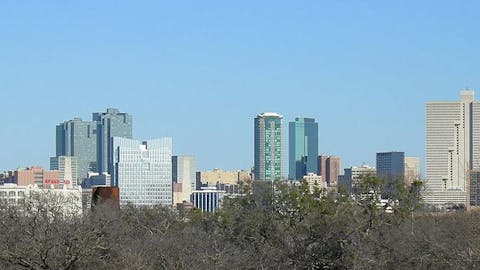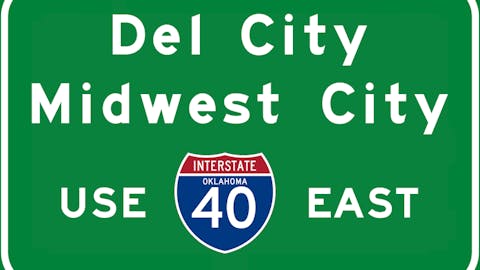The top cities for small business span the U.S. This isn’t surprising. As is widely known across the States, starting your own small business is a great way of increasing your income and gaining control over your finances.
One of the most important aspects entrepreneurs have to take into account when starting a business is the location. The location proves itself to be an important matter especially when small businesses are concerned for several reasons. Small businesses are often unable to sustain high overhead costs and they typically lack the support and resources larger businesses can rely on. Because of this, one thing any entrepreneur has to ensure before opening his or her small business is that the location of the venture is the right one.
To help you with this choice, we would like to present you with a list we have compiled of the top top cities for small business. In ranking the following cities, we have used several indicators, such as city growth rate (taken from Milken Institute’s survey on Best Performing City), the local income and city property taxes, as well as the ease of receiving a license (taken from Thumbtack’s Small Business Friendliness Survey).
Four of our top cities for small business are located in Texas. The Lone Star State is renowned for its friendly tax regimen, making it a perfect location for those who are just starting in the world of entrepreneurship.
Continue reading to see what other states have made the cut.
No. 7: Charlotte (North Carolina)
Even though North Carolina is planning on dropping its local income tax in the future, its current rate is quite high. However, lower city property taxes, as well as a relative ease of obtaining a license make it a good place to start a small business, and number seven on our list of top cities for small business.
Local income tax: 5.8%
City property tax: 1.28%
Growth rate rank: 8
License friendliness rank: 10
No. 6: San Jose (California)
In terms of growth, San Jose ranks as number one in the country, according to the survey issued by Milken Institute. Obtaining your license in this Californian city is not as easy as in other cities, which drops San Jose to 6th place in our ranking of top cities for small business.
Local income tax: 0%
City property tax: 1.27%
Growth rate rank: 1
License friendliness rank: 7
No. 5: Houston (Texas)
While obtaining your license in Houston might not be the easiest of tasks, at least when compared with other cities on our countdown, it does rank quite high in terms of growth prospects.
Local income tax: 0%
City property tax: 1.15%
Growth rate rank: 3
License friendliness rank: 11
No. 4: Baltimore (Maryland)
Even though Baltimore has significant income and property taxes, it ranks high in terms of ease of obtaining a license. In addition, its growth rate is acceptable for anyone wishing to build a successful business, making it fourth on our list of top cities for small business.
Local income tax: 3.2%
City property tax: 2.27%
Growth rate rank: 7
License friendliness rank: 3
No. 3: Dallas (Texas)
While more than a dozen Fortune 500 firms call Dallas home, this Texan city is very friendly towards small businesses as well. While it has a slightly higher property tax than other cities in Texas, Dallas shows good prospects for growth, making it a top choice for entrepreneurs.
Local income tax: 0%
City property tax: 1.38%
Growth rate rank: 5
License friendliness rank: 5
No. 2: San Antonio (Texas)
San Antonio ranks as second in our countdown of top cities for small business. It is the friendliest city in the country when it comes to the ease of obtaining your license. Its growth rate might not be as high as that of other cities on our countdown, but San Antonio definitely makes up for it with its permissive tax laws.
Local income tax: 0%
City property tax: 1.36%
Growth rate rank: 6
License friendliness rank: 1
No. 1: Austin (Texas)
While Austin is the location of big names such as International Business Machines Corp. (NYSE:IBM) and Dell Inc. (NASDAQ:DELL), the city is a perfect environment for small businesses as well. With a steady growth rate and virtually no personal income taxes, Austin makes it easier for entrepreneurs looking to start a small business. In addition, you should encounter no issues in obtaining your license.
Local income tax: 0%
City property tax: 1.24%
Growth rate rank: 2
License friendliness rank: 2
If you liked our breakdown of the top cities for small business, check out our “Top 5 Economic Predictions for the Next Decade.”





